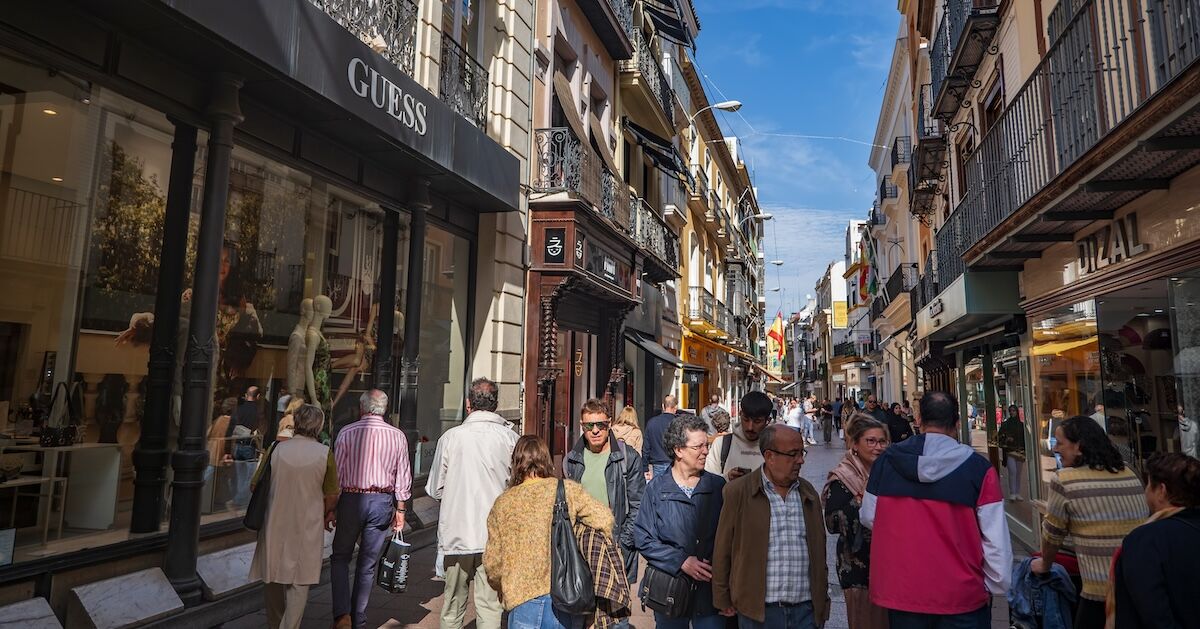Seville is taking the latter approach to limit the number of tourists. On August 14, the mayor of Seville announced a plan to review short-term rentals in the city and will cut off water supplies to all unregulated properties, Reuters reports. So far, 715 non-compliant apartments have been found. Estimates for the total number of illegal short-term rentals range between 5,000 and 7,000, while between 8,000 and 9,000 are compliant.
For travelers, fewer options on home-sharing platforms will likely lead to rising prices in legally operated accommodations and hotels. In New York City, strict restrictions on Airbnbs led to an unregulated black market for short-term rentals. For residents, on the other hand, a ban on short-term rentals could lead to lower property prices as the supply of housing increases with fewer properties dedicated to the tourism market.
Spain is far from the only country taking measures to curb overtourism. More and more places are introducing or increasing tourist taxes. Amsterdam is leading the way in the fight against overtourism and has published a 10-page report entitled “Vision on Tourism in Amsterdam in 2035” that sets out how the city can massively reduce tourism and still keep the city livable for permanent residents. One of the main methods mentioned is reducing the supply of rental housing.
As every part of the world becomes easier to reach, it’s important to remember that there is a limit to the number of people a place can accommodate. Some areas are better off not visiting at all. For cities like Seville, Barcelona and others that limit the number of short-term rentals, tourism will continue to play an important role in the economy. It might just look a little different. ![]()
![]()

